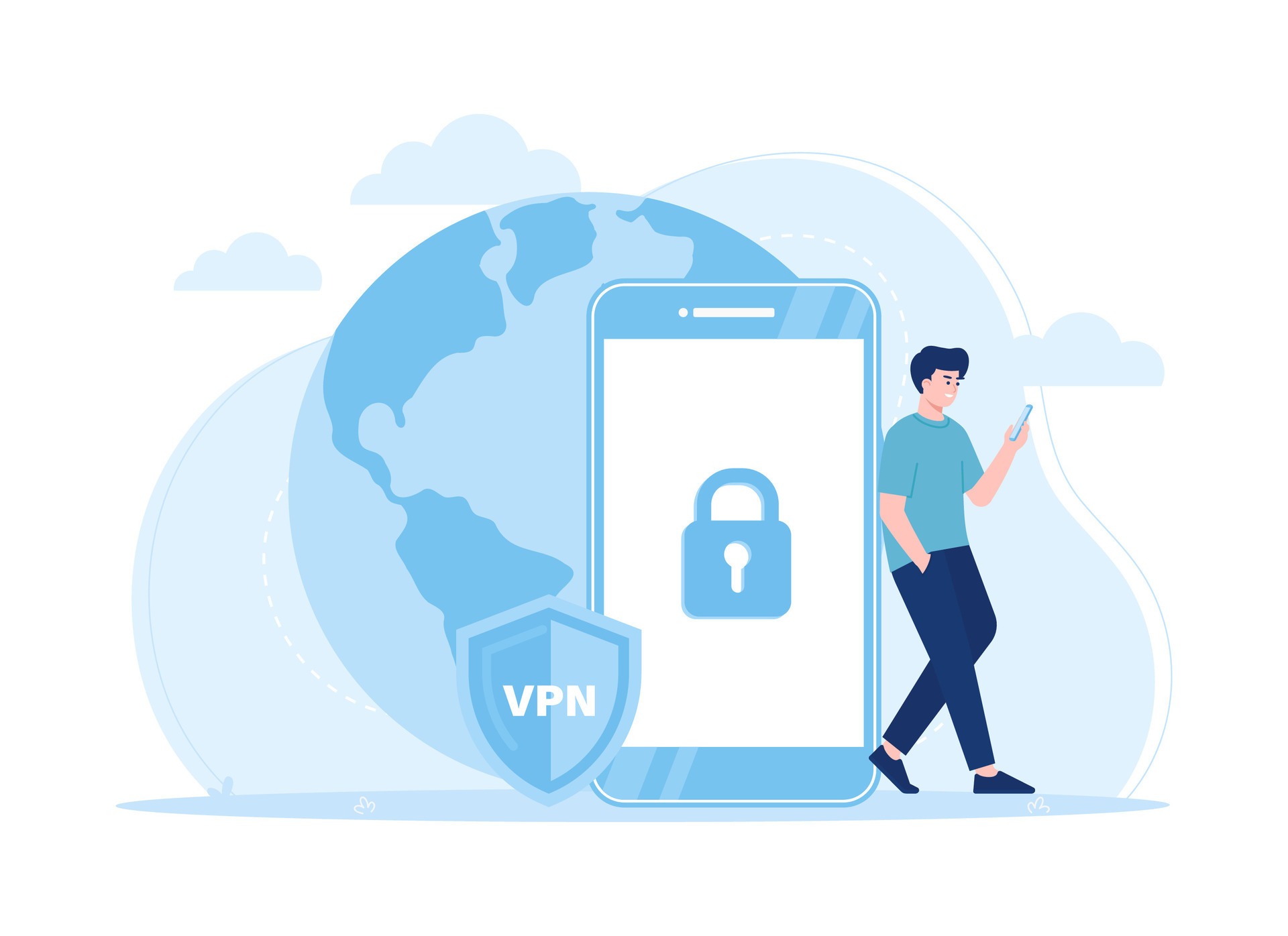Virtual Private Networks (VPNs) are integral to maintaining privacy and security online. However, not all VPNs are created equal, especially regarding their logging policies. Understanding these policies is essential for anyone looking to safeguard their online activities. In this guide, I will cover what VPN logging policies entail, their implications for user privacy, and how to choose a VPN provider that prioritizes security.

What is VPN Logging?
VPN logging refers to the practice of recording user data and activity while connected to the VPN. Logging can include various information such as IP addresses, connection timestamps, bandwidth usage, and browsing activities. VPN providers utilize logs for various reasons, including technical support, network maintenance, or compliance with legal requirements.
However, logging practices can significantly impact user privacy. If a VPN provider retains user logs, they may potentially disclose that information to third parties, such as government agencies. It is crucial to choose a VPN that follows a strict no-logs policy to maintain the utmost privacy.
✅ Current deal: 🔥 Get NordVPN with up to 75% OFF! 🔥
Types of Logs
There are several types of logs that VPN providers may maintain. Understanding these will help me, and you identify which providers prioritize user privacy:
1. Connection Logs
These logs record when users connect to and disconnect from the VPN service. They may include connection timestamps and the duration of use. While these logs do not reveal specific activities, they can still provide insights into user behavior.
2. Usage Logs
Usage logs detail the websites and services accessed during a VPN session. These logs can be particularly invasive, as they reveal patterns in browsing habits. For those concerned about privacy, it is critical to avoid VPN providers that maintain usage logs.
3. IP Address Logs
Some providers may log users’ actual IP addresses. This type of logging is a significant red flag, as it can be used to reverse-engineer a user’s online activities. Again, a no-logs policy is advisable in selecting a VPN.
4. Traffic Logs
Traffic logs encapsulate data packets transmitted through the VPN. Recording traffic details can provide a comprehensive view of a user’s activities online. Like usage logs, traffic logs hinder the promise of anonymity.
5. Financial Logs
These logs record payment information and billing activity. While necessary for the service’s functioning, it is prudent to use VPNs that minimize the retention of this data.
Why Logging Policies Matter
Understanding VPN logging policies is essential for several reasons:
- Privacy: A VPN without a proper no-logs policy may compromise your privacy.
- Security: If user data is stored, it may become vulnerable to breaches or hacks.
- Legal Risks: Some jurisdictions have laws requiring VPNs to maintain logs. This could result in user information being disclosed.
- Trust: Knowing a provider’s logging policy fosters trust. Transparency in operations is a selling point for VPN services.
✅ Current deal: 🔥 Get NordVPN with up to 75% OFF! 🔥
Evaluating VPN Providers
When selecting a VPN provider, it is vital to evaluate their logging policies. Here are some criteria I recommend considering:
- No-Logs Policy: Ensure the provider explicitly states a no-logs policy. Look for independent audits supporting this claim.
- Jurisdiction: The location of the VPN provider impacts their legal obligations. Providers based in privacy-friendly jurisdictions are preferable.
- Reputation: I tend to research user reviews and expert analyses to gauge trustworthiness and user experiences regarding privacy and security.
- Transparency: Check if the provider publishes transparency reports or has undergone independent security audits.
- Payment Options: Providers that accept cryptocurrencies may offer an additional layer of anonymity.
- Technical Encryption: Ensure the VPN uses strong encryption methods. This increases security even if some logging occurs.
Tips for Ensuring VPN Security
To further ensure your VPN connection is secure, I have compiled a list of tips you can follow:
- Research Before Choosing: Spend time researching different VPN providers and their logging policies to find one that aligns with your privacy needs.
- Review Terms of Service: Always read the VPN’s Terms of Service and Privacy Policy. This will give you deeper insights into their logging practices.
- Stay Updated: Technology changes rapidly. I recommend keeping an eye on developments in VPN technology and privacy regulations.
- Test the VPN: Utilize trial periods or money-back guarantees to test the service. Check for speed and performance, but pay attention to how they handle data.
- Use Additional Security: Consider using multi-factor authentication where available and combine your VPN with other security measures like firewalls or ad blockers.
- Check for DNS Leaks: Periodically check if your VPN is leaking DNS information, which can expose your browsing activities.
Conclusion
Understanding VPN logging policies is essential for ensuring personal privacy while navigating the web. I believe that by evaluating each provider’s logging practices and prioritizing those with strict no-logs policies, individuals can significantly enhance their online security.
VPNs offer a layer of protection but selecting the right one is crucial. Always consider the implications of the logging policies, jurisdiction, and the reputation of the VPN providers before making a decision. By staying informed and exercising caution, users can make choices that align with their privacy needs.
Affiliate Disclosure: By clicking on our links, we may earn commissions at no additional cost to you.